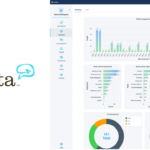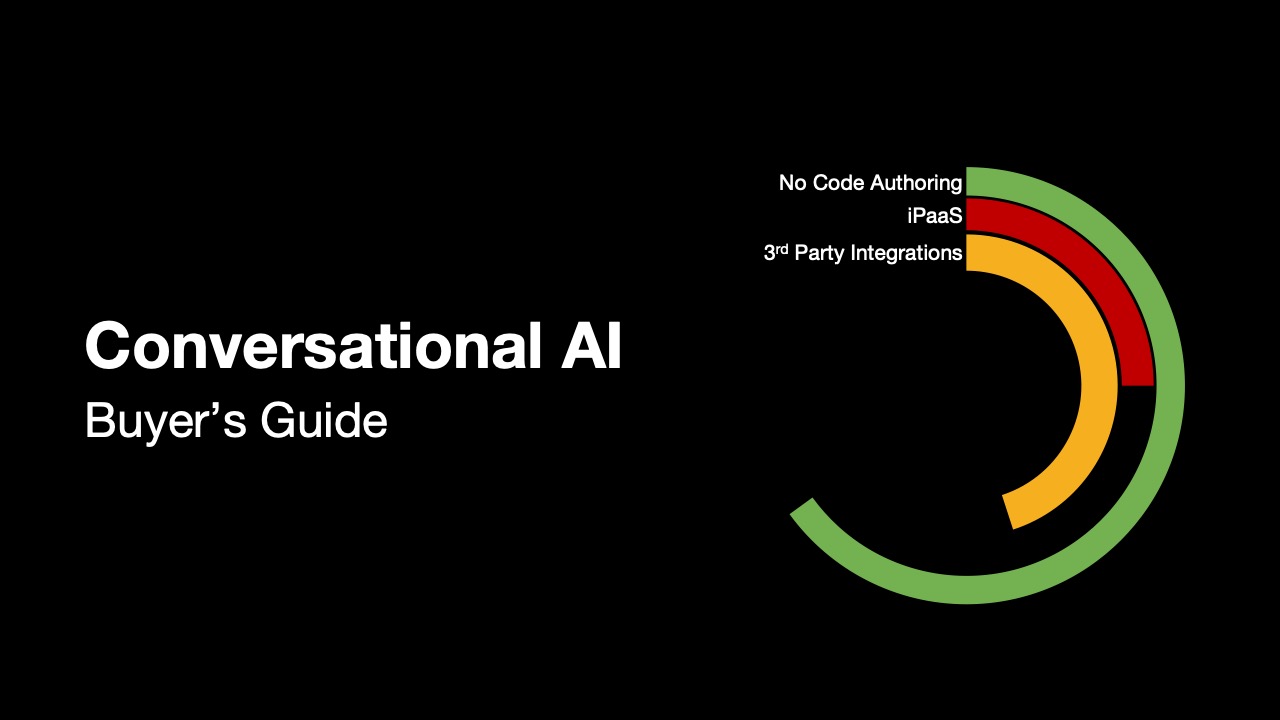
People
Recruits, Employees, Human Resources, Restaurant Operations, Franchisees, Restaurant Managers

Systems
Oracle PeopleSoft Human Capital Management, Microsoft Exchange
Key Points
A national restaurant chain improved training and reduced management’s participation by 40% from 10 hours to 6 hours per week in six weeks.
The restaurant saves $200 per employee by digitizing training records and storing in a secure blockchain.
When it comes to onboarding and training restaurant employees, there are a lot of moving parts to consider. From creating an initial onboarding program that covers all the bases to provide ongoing training that keeps staff up-to-date on the latest compliance mandates, there’s a lot to think about.
And then there’s the issue of retention. Even if you do everything right in terms of onboarding and training, you still have to contend with 130 percent turnover rates. Your staff will constantly be training staff.
But what if there was a way to save time on onboarding and training, while also increasing retention rates? That’s where AI provides a recipe for success.
Onboarding and training restaurant employees can be time-consuming and difficult to retain.
The average restaurant manager spends approximately 10 hours per week on training staff and administration duties. This includes onboarding new employees and providing ongoing training for existing staff and documenting procedures. With such a high turnover rate in the industry, it’s important to have a robust onboarding and training program in place to ensure that your restaurant is running smoothly and to maintain customer safety.
Providing employees with the tools they need to succeed is essential for any business, but it’s especially important in the restaurant industry. With so many moving parts and the potential for error, onboarding and training your staff properly can mean the difference between a successful business and failing a compliance mandate.
Failing to comply with health and safety mandates is expensive and harmful. Chipotle was fined for violating the Hazard Analysis and Critical Control Point (HACCP) plan. The company failed to properly maintain records of food safety procedures, which led to the contamination of its food. Chipotle was also fined for failing to provide adequate training to its employees on food safety procedures. As a result of these violations, Chipotle was forced to pay a $25 million fine.
How AI saves time and increases retention rates.
Onboarding new employees can be a time-consuming and expensive process. According to Zippia, the average cost to onboard and train a non-executive employee across industries is $1,105. This onboarding process includes a variety of elements, such as orientations, training sessions, and paperwork.
With an AI assistant like Krista, onboarding can be automated. For example, Krista handles paperwork requirements related to taxes, health, and compliance. Krista can also help orchestrate a self-paced learning program via a smartphone. This learning program can be customized for each individual employee, based on their role in the company. Krista tracks progress and records each step to document procedures and completions for compliance mandates.
By automating onboarding and training, you can save time and money. Once onboarding training is complete, employees have an easily searchable guided reference in their pockets, and managers have the option to assign continuing education assignments to increase employee success. Employees who feel successful are more productive and less likely to leave to pursue other opportunities. Krista helps retain employees with a personalized learning experience and helps reduce turnover rates by increasing employee engagement.
How Krista improved onboarding and train restaurant employees at lower costs.
Restaurants are increasingly investing in technology and artificial intelligence to drive demand, increase margins, and streamline operations. One area where restaurants have been turning to technology is in onboarding and training employees.
One national restaurant chain successfully lowered costs for onboarding and training employees. Since adopting Krista, the restaurant chain has realized a decrease in the time it takes to onboard new employees. Krista reduced management’s participation in new employee training by 40% from 10 hours to 6 hours per week in six weeks while improving the process.
The restaurant also reduced hard costs associated with maintaining training compliance records by over $200 per employee. Training records are now stored in a secure blockchain and are immediately available to review. Previously, managers spent 2 days collecting and retrieving paper records for inspections and audits.
Krista documents all of the steps during each employee experience and provides automated reports for compliance and audit purposes. Using automated processes has helped the restaurant chain save time and money associated with onboarding and training employees and the associated administrative and compliance burdens.
If you’re looking for a way to improve your onboarding and training process, Krista can provide an AI-led process tailored to your industry and unique business model.





